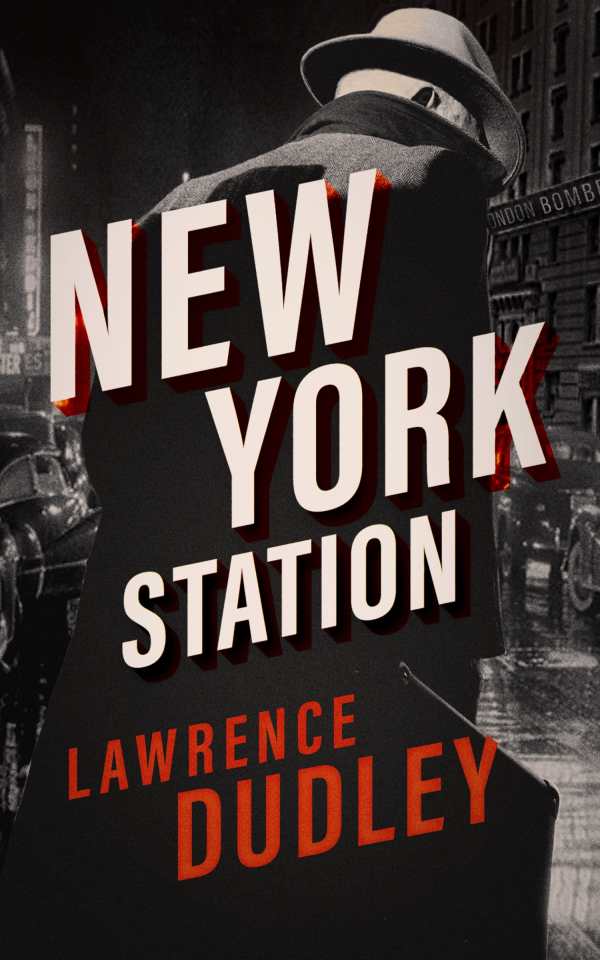New York Station
The subject matter of New York Station, though centered around WWII, evokes clear similarities between the Nazi era and today’s divisive political climate.
Offering an intriguing new angle from which to regard the events leading up to America’s involvement in World War II, New York Station is a fast-paced and thrilling read.
Loosely based on true events, this spy novel takes place in 1940 and follows the adventures of Anglo-American MI6 agent Roy Hawkins. After becoming embedded in Nazi-occupied Paris, Hawkins is mysteriously whisked away by his handlers to New York. At first, he is deeply upset over being forced to abandon his post and his lover. But Hawkins soon becomes embroiled in a Nazi attempt to rig the US presidential election, a plot headed up by the enigmatic radio celebrity Walter Ventnor.
The subject matter of New York Station, though centered around WWII, evokes clear similarities between the Nazi era and today’s divisive political climate. The conspiracy theories explored by Agent Hawkins are even more exciting when viewed in the context of our own government tensions, adding an extra level of intrigue.
With short chapters and a never-ending supply of action, new characters, and puzzling subplots, New York Station never lets up. From Hawkins’s mysterious relocation in the beginning chapters to his ever-increasing horror over what the United States has become, surprises and twists come at a breakneck pace. There is all the glamour of a slick international thriller—complete with mysterious dames, secret messages, and plenty of red herrings—but with the added punch of modern-day context.
The story is told from Hawkins’s viewpoint, adding humanity to an often impersonal genre that is dominated by action. Hawkins’s innermost feelings add tension and interest, playing well into the overall plot and inevitable surprise ending.
A classic thriller full of twists and turns, New York Station is relevant and thought provoking.
Reviewed by
Angela McQuay
Disclosure: This article is not an endorsement, but a review. The publisher of this book provided free copies of the book to have their book reviewed by a professional reviewer. No fee was paid by the publisher for this review. Foreword Reviews only recommends books that we love. Foreword Magazine, Inc. is disclosing this in accordance with the Federal Trade Commission’s 16 CFR, Part 255.

